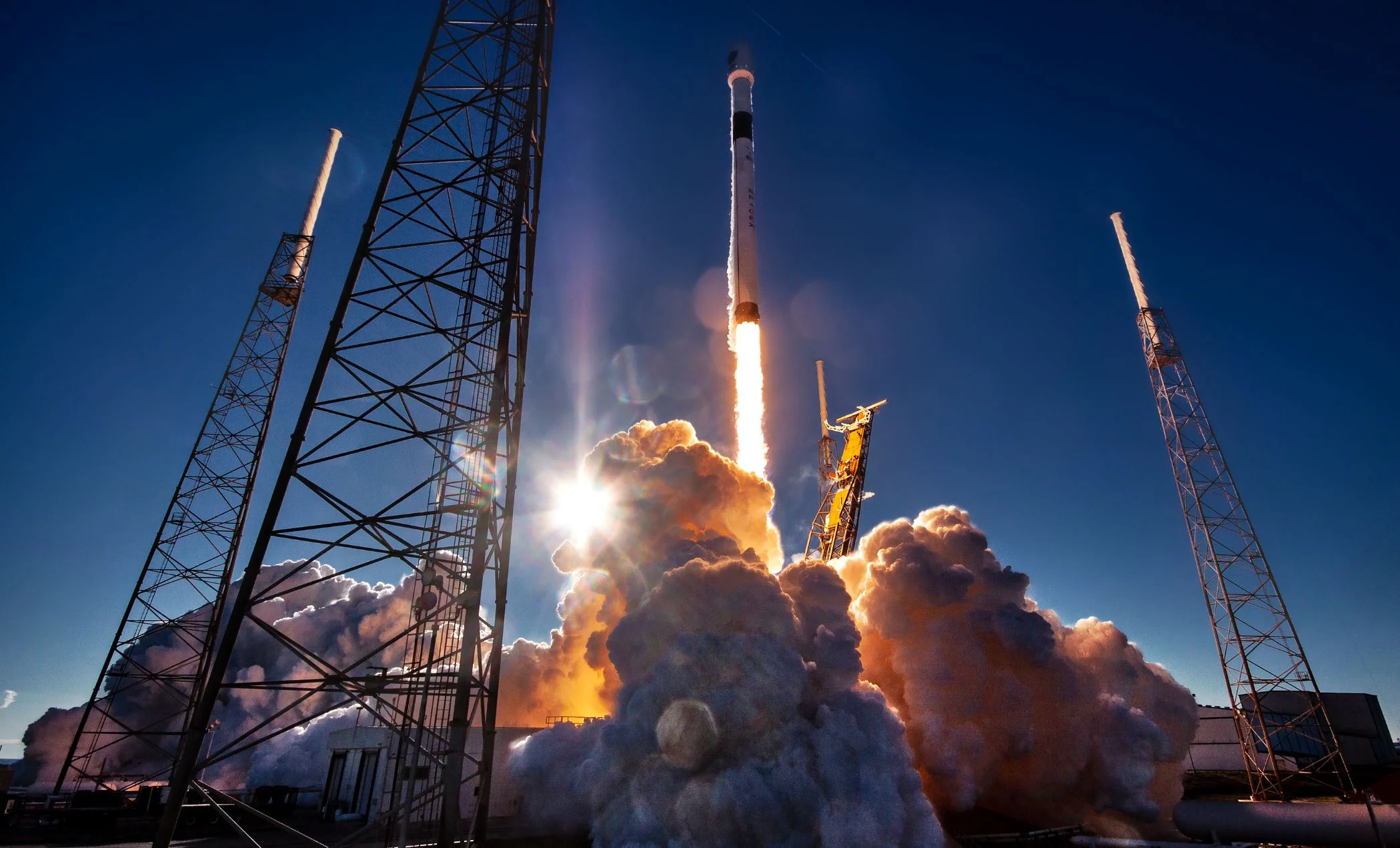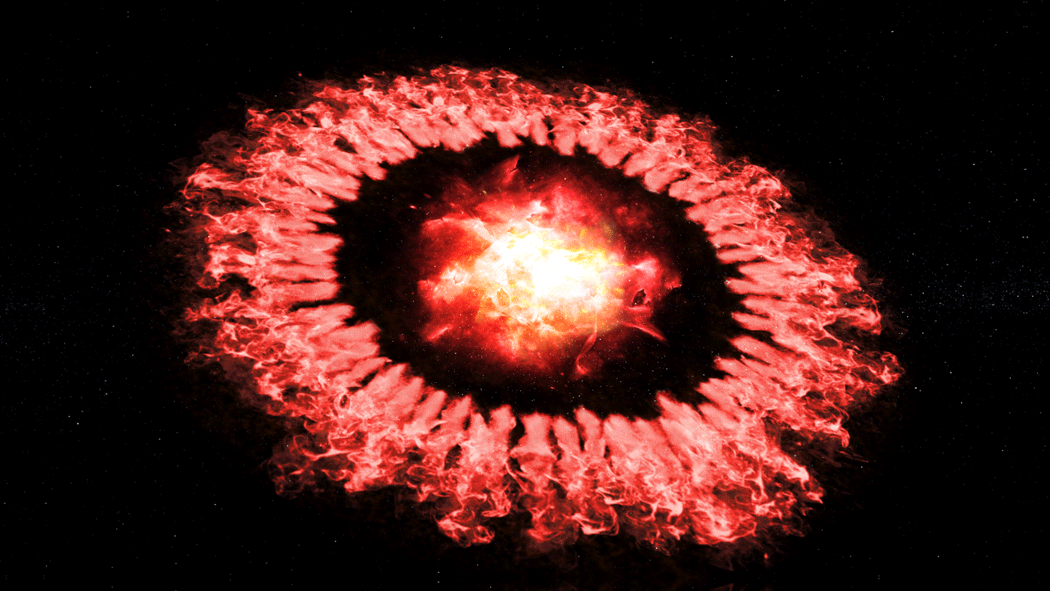Spending on pharmaceuticals is on the rise worldwide. And it well should be. Today, we are able to cure some diseases like hepatitis C that were virtual death sentences just a few years ago. This progress required significant investments by governments and private companies alike. Unquestionably, the world is better off for it.
Did we evolve to pick our phones over our partners?
How much is a robot life worth?
How your genes could affect the quality of your marriage
NASA Finds Possible Second Impact Crater Under Greenland Ice
A pill for loneliness? If only it were that simple
Does cannabis cure cancer? We asked an expert
For thousands of years people have used cannabis for recreational, ritualistic and medicinal purposes. In the modern era, the latter property excites a lot of people, and there is no shortage of wild claims about the supposed medical benefits of the plant. Of all the claims, perhaps the most bold is the assertion that cannabis can cure cancer.
Our artificial cornea breakthrough could lead to self-assembling organs
A Star’s Outburst is Releasing Organic Molecules Trapped in the ice Around it
According to widely-accepted theories, the Solar System formed roughly 4.6 billion years ago from a massive cloud of dust and gas (aka. Nebular Theory). This process began when the nebula experienced a gravitational collapse in the center that became our Sun. The remaining dust and gas formed a protoplanetary disk that (over time) accreted to form the planets.
Beer before wine and you’ll feel fine? No you won’t says new study
Skipping breakfast may help you lose weight - what hunter gatherers can teach us
Breakfast, we are told, is the most important meal of the day. Over the last 50 years, we have been bombarded with messages extolling the health benefits of processed cereals and porridge oats. We are told breakfast helps us reduce weight by speeding up our metabolism – this helps us avoid hunger pangs and overeating later in the day.
How Big Would a Generation Ship Need to be to Keep a Crew of 500 Alive for the Journey to Another Star?
There’s no two-ways about it, the Universe is an extremely big place! And thanks to the limitations placed upon us by Special Relativity, traveling to even the closest star systems could take millennia. As we addressed in a previous article, the estimated travel time to the nearest star system (Alpha Centauri) could take anywhere from 19,000 to 81,000 years using conventional methods.
Why the Future of Solar Power Is from Space
Over seven decades ago in 1941, Isaac Asimov wrote a short story, “Reason” (PDF), in which energy captured from the sun was transmitted via microwave beams to nearby planets from a space station. Flash forward to today, scientists are looking to make that very science fiction dream a reality for Earth.
ESA is Planning a Mission to the Smallest Spacerock Ever Visited: the Moon of an Asteroid
For some small minority of humans, Death By Asteroid is a desirable fate. The idea probably satisfies their wonky Doomsday thinking. But for the rest of us, going out the same way the dinosaurs did would just be embarrassing. Thankfully, the ESA’s Hera mission will visit the smallest spacerock ever, and will help us avoid going the way of the dinosaurs.
A revolution in a sentence – the future of human spaceflight in America
Dust Survives Obliteration in Supernova 1987A
Two Newly-Discovered Exoplanets are Probably the Result of a Catastrophic Collision
New pill can deliver insulin
Health Check: do we really need to take 10,000 steps a day?
Regular walking produces many health benefits, including reducing our risk of heart disease, type 2 diabetes and depression. Best of all, it’s free, we can do it anywhere and, for most of us, it’s relatively easy to fit into our daily routines. We often hear 10,000 as the golden number of steps to strive for in a day. But do we really need to take 10,000 steps a day?















